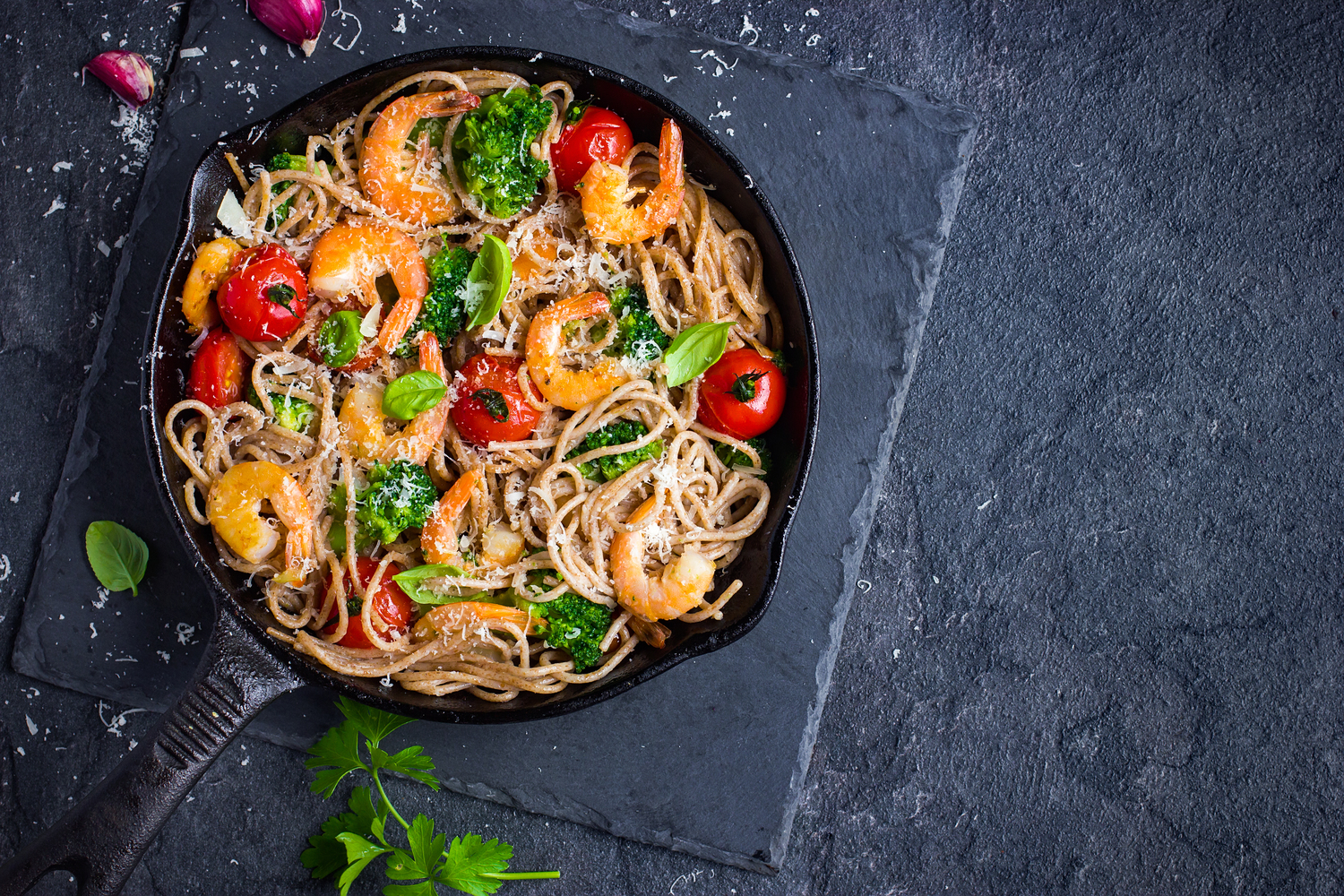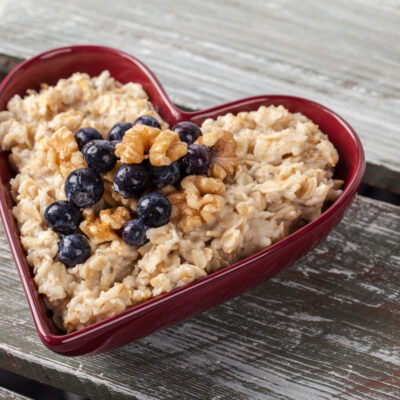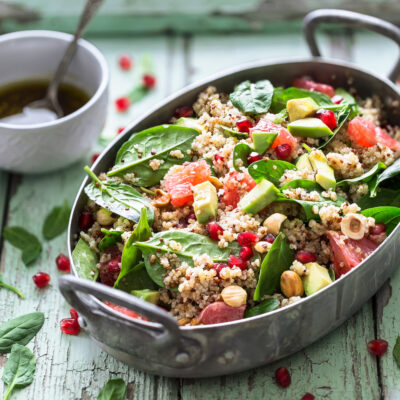
Diet Recommendations for COPD
Chronic obstructive pulmonary disease (COPD), also known as chronic bronchitis, is a chronic disease affecting the respiratory system. The airways in the lungs become inflamed, causing breathing problems. Sadly, there is no cure for COPD yet. This condition worsens over time, making breathing progressively difficult, leading to disability and fatality. However, the condition can be treated and one can see improvements in the symptoms.
Once diagnosed, COPD is treated with medication, lifestyle modifications, pulmonary rehabilitation, surgery, palliative care, and alternative therapy. When we talk about lifestyle modifications, one of the steps that can have a positive impact is diet. Eating right is one lifestyle change doctors advise to those suffering from COPD. Include these groups of nutrients in your diet to see relief.
Carbohydrates
The process of digesting carbohydrates gives out more carbon dioxide than the amount of carbon dioxide exhaled when digesting fat. This indicates that a diet low in carbs and high in fat can help a COPD patient breathe easily. One of the recommendations for a COPD-friendly diet is the inclusion of complex carbohydrates like whole grains, fresh fruits, and vegetables. Avoid simple carbohydrates that can be broken down easily and found naturally in dairy and fruits. Other examples of simple carbohydrates are table sugar, candy, and soft drinks.
Calories
The amount of calories required depends on the recommendation of the doctors based on your weight. If doctors suggest weight gain, add higher calorie food with protein and fiber. If the doctor has advised weight loss, focus on avoiding high-calorie food and replace it with increased amounts of plant-based protein and fiber.
Protein
Protein is crucial to help maintain muscle strength of the respiratory system. Eat proteins twice a day. Some good sources of protein are meat, fish, eggs, cheese, fish, beans, legumes, lentils, and green peas.
Fats
Choose plant or animal-based fats that are low in cholesterol. Limit consumption of butter from dairy, which is likely to add weight. Use butter only if doctors have recommended weight gain. You can choose from many plant-based oils that contain mono and polyunsaturated fats, like canola, rice bran oil, sunflower oil, and sesame oil. Avoid oils that have trans fats, hydrogenated oil, and saturated fats. Fried food, processed food, butter or margarine should be avoided.
Vitamins
Vitamins and minerals are necessary for the overall growth, normal and undisrupted functioning of the organs in the body. Rainbow colored vegetables and fruits are the biggest sources of vitamins.
Minerals
If you have a deficiency of any mineral, you can take relevant supplements after consulting the doctor. Potassium, sodium, and magnesium are crucial minerals for COPD. It has been noticed that lower levels of phosphorous can affect lung function. This could be a side effect of medication or due to the lack of phosphorus. You should include milk, cheese, meat, fish, eggs, nuts, and beans.
Magnesium
This helps to keep the muscles around the lungs and airways strong. Some foods that are packed with magnesium are dark green and leafy vegetables, whole grains, tofu, and seafood.
Foods to be avoided
Any food that increases the formation of mucus or increases bloating or acidity should be avoided. Moreover, foods with additives and excess salt, juices, and chilled food should not be consumed. Some examples are deep-fried foods, salty snacks, cruciferous vegetables, cold-cut meats, and carbonated beverages. Some of the items also aid weight gain and should be avoided if the doctors have recommended weight loss.


